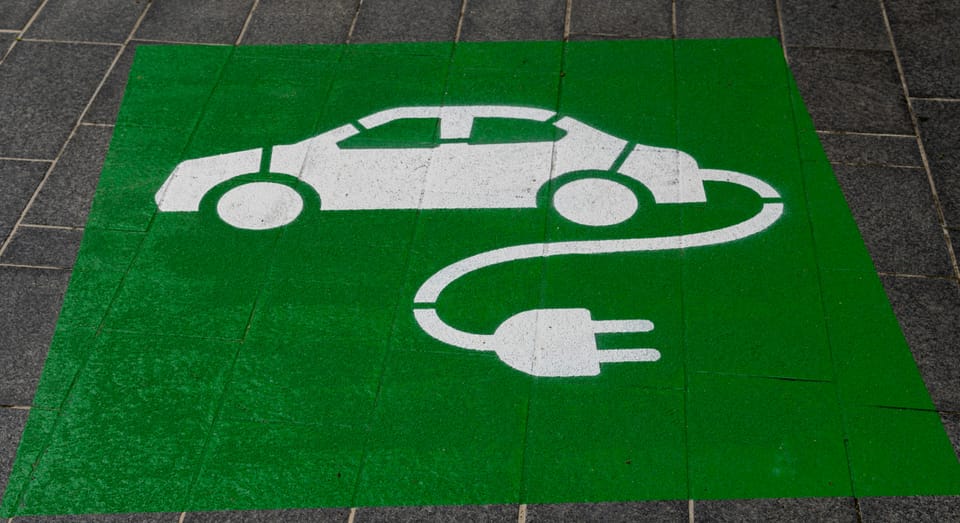EV manufacturers’ sustainable sourcing policies lack teeth: report

Most of the sustainable sourcing commitments made by electric vehicle (EV) manufacturers are not properly enforced down critical minerals supply chains, according to a new report.
An analysis of EV makers’ and battery manufacturers’ mineral supply chain policies by NGOs Rainforest Foundation Norway and AidEnvironment has highlighted the broken links within the industry.
All of the 19 companies analysed (including nine automakers and 10 battery makers) have either a due diligence policy or a commitment that includes responsible sourcing of minerals such as nickel, cobalt, manganese, copper or lithium, but few of these are incorporated into procurement requirements.
Despite their policies, most companies scored low in terms of monitoring and assessment of biodiversity, deforestation and Indigenous rights risks in transition mineral supply chains, with only generic mentions of these risks and no guidelines on what constitutes ‘red flags’ or indicators that trigger enhanced due diligence.
This is reflected in how these policies trickle down the supply chain: for example, seven out of nine automakers have made a public commitment to avoid deforestation, but only one out of the 10 largest EV battery manufacturers has a similar policy.
"The EV industry's evident lack of control in the supply chain marks a stark contrast to its profits. Policymakers, investors, and consumers place a lot of trust in the companies that fuel the green transition. The company owners must understand their responsibility and take it seriously," said Toerris Jaeger, executive director of Rainforest Foundation Norway.
Tesla, BMW, Mercedes-Benz top sustainable sourcing ranking
Automakers generally fared better than battery suppliers in the report, and three companies stood out as having more solid sustainable sourcing policies and/or enforcement mechanisms.
BMW has the strongest policies and commitments, while Tesla leads the pack in terms of disclosures. Mercedes-Benz scored slightly lower in terms of policies, but got the top score in implementation and management.
Interestingly, these are also the only three automakers that are forecast to produce enough electric vehicles by 2030 to meet a 1.5ºC temperature rise scenario. However, no company got a perfect score in any of the categories.
Lack of appropriate policies and monitoring for Indigenous rights
None of the companies analysed specify deforestation-free or biodiversity targets for their mineral supply chains, and just five of them incorporate free, prior informed consent (FPIC) from Indigenous communities as a requirement in their supplier code of conduct: Tesla, General Motors, BMW, Samsung SDI and Mercedes-Benz.
No fewer than 91 human rights abuse allegations were tracked in critical minerals supply chains in 2023, and the lack of sufficient FPIC enforcement has been identified as a contributing factor.
"We cannot accept that amid the green transition lies ecosystem destruction and human rights violations. Neither will curb global warming but rather exacerbate it. Companies should adopt time-bound commitments to have deforestation-free mineral supply chains,” added Jaeger.
Chinese company BYD, which produces both batteries and electric vehicles and hopes to overtake Tesla as Europe’s top EV seller by 2030, got the lowest score overall.
The NGOs noted that Chinese automakers are generally lagging behind in responsible sourcing and due diligence policies, despite being leaders in EV sales. “Improvements in the due diligence policies and practices of these companies has the potential to significantly improve the performance and positive impact of the EV industry,” the report added.







Member discussion